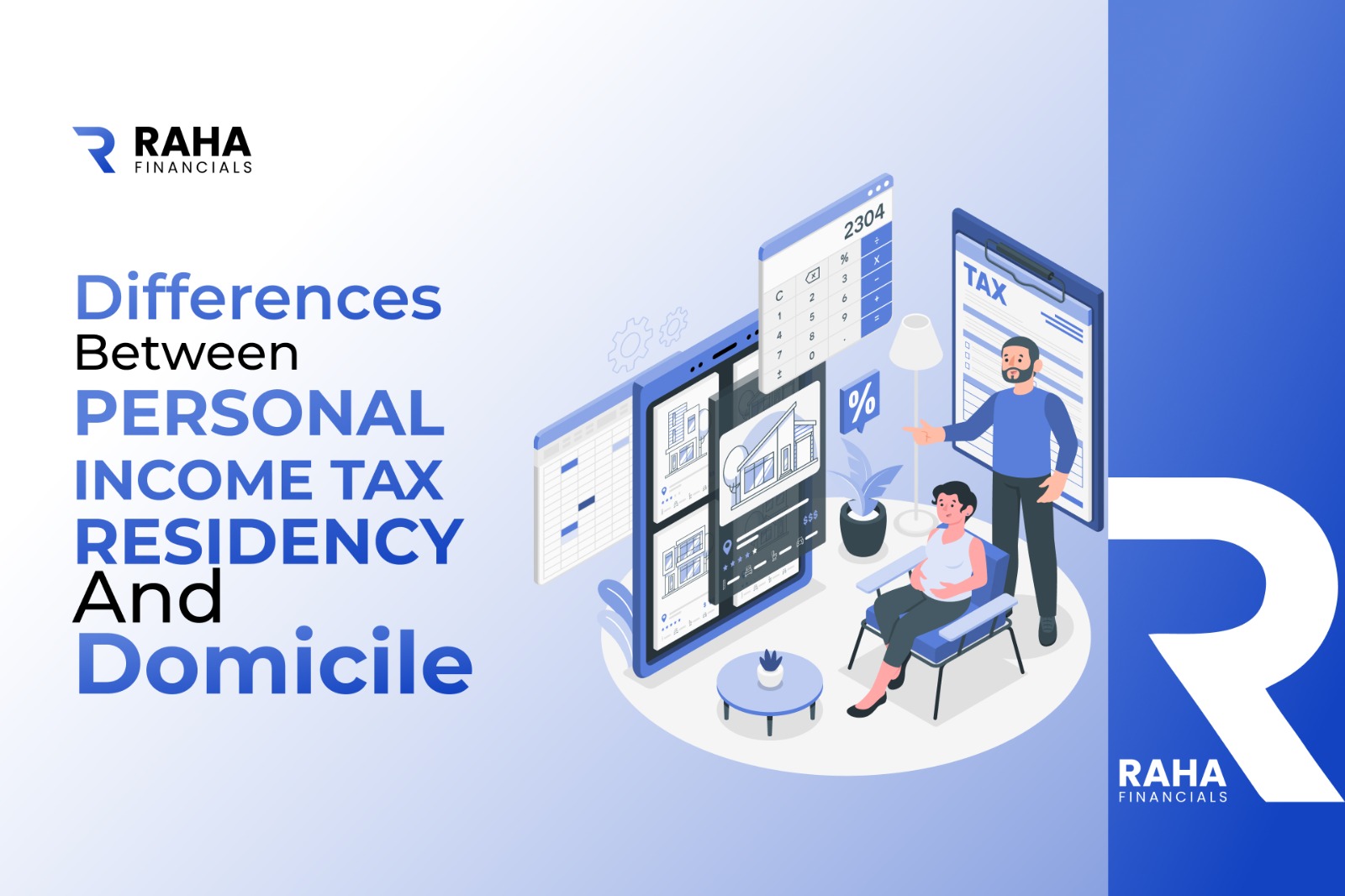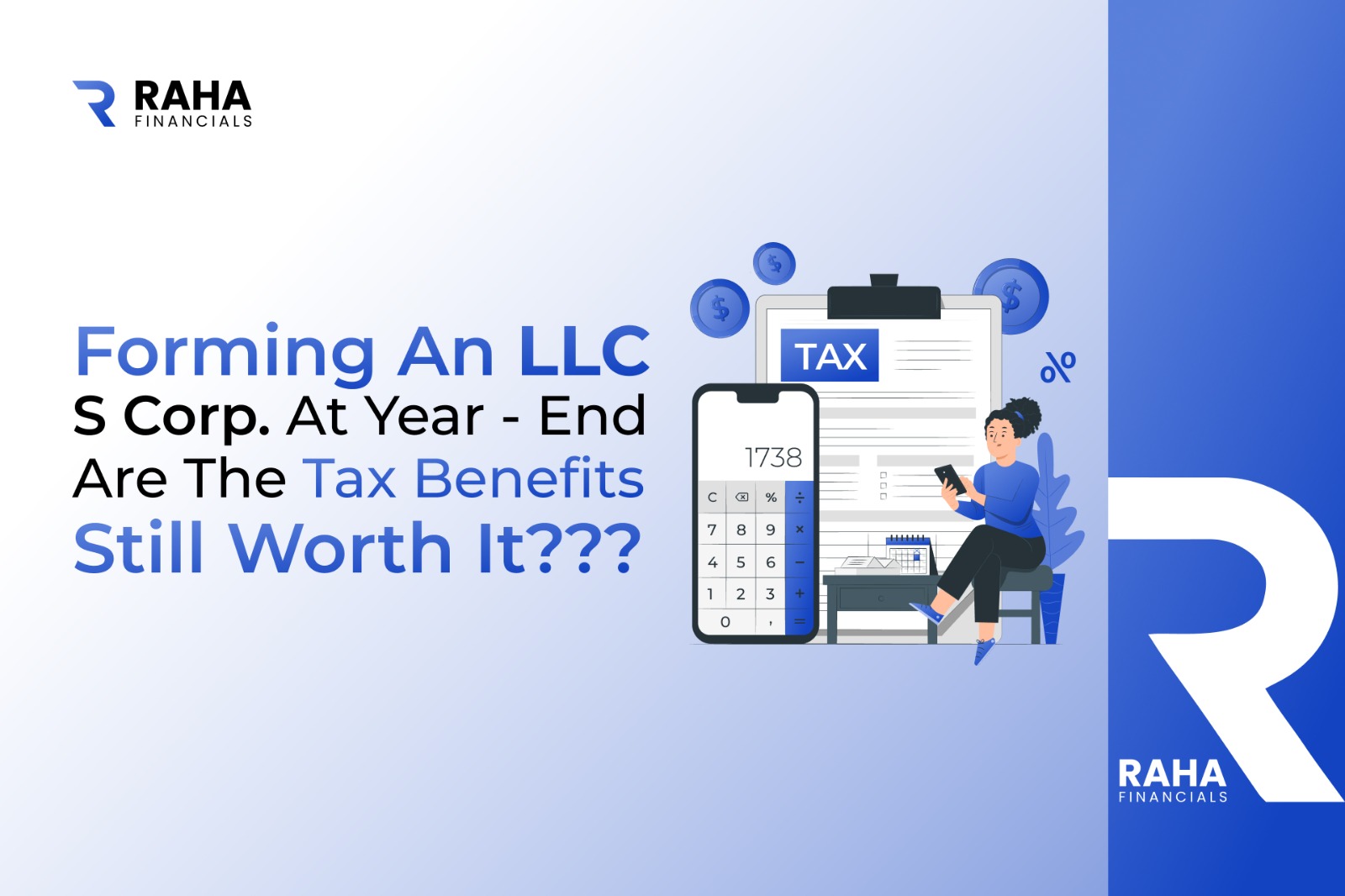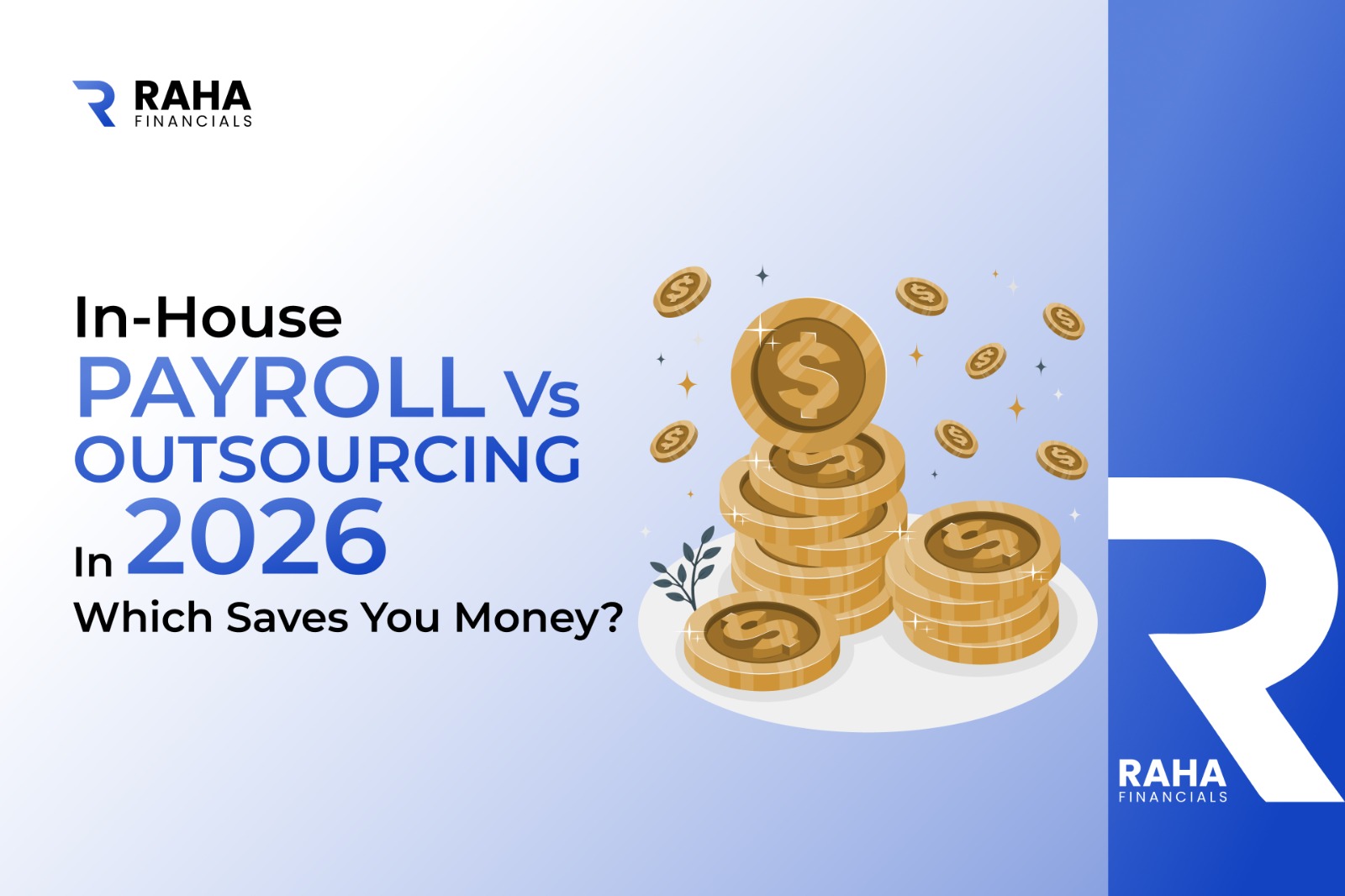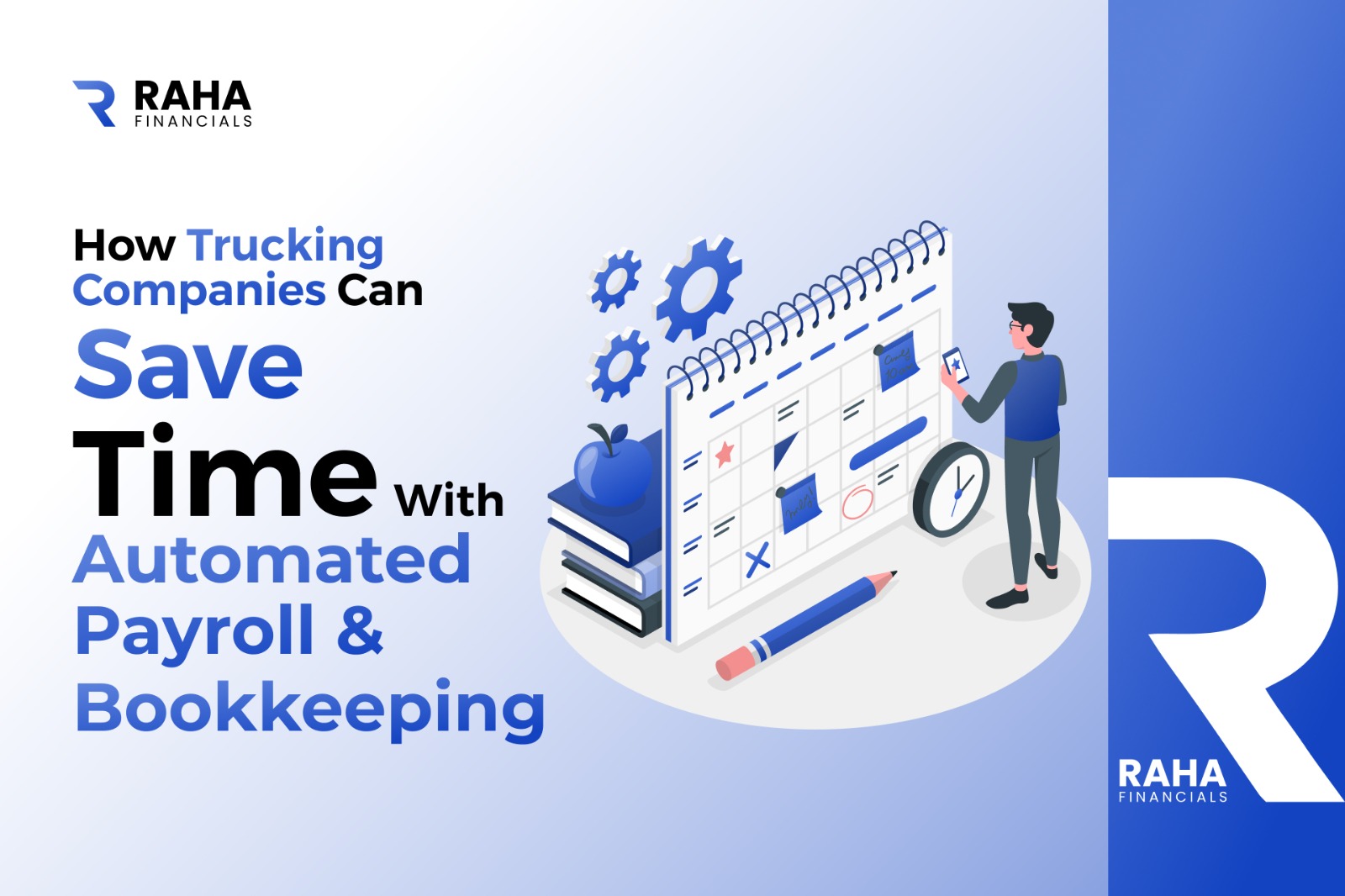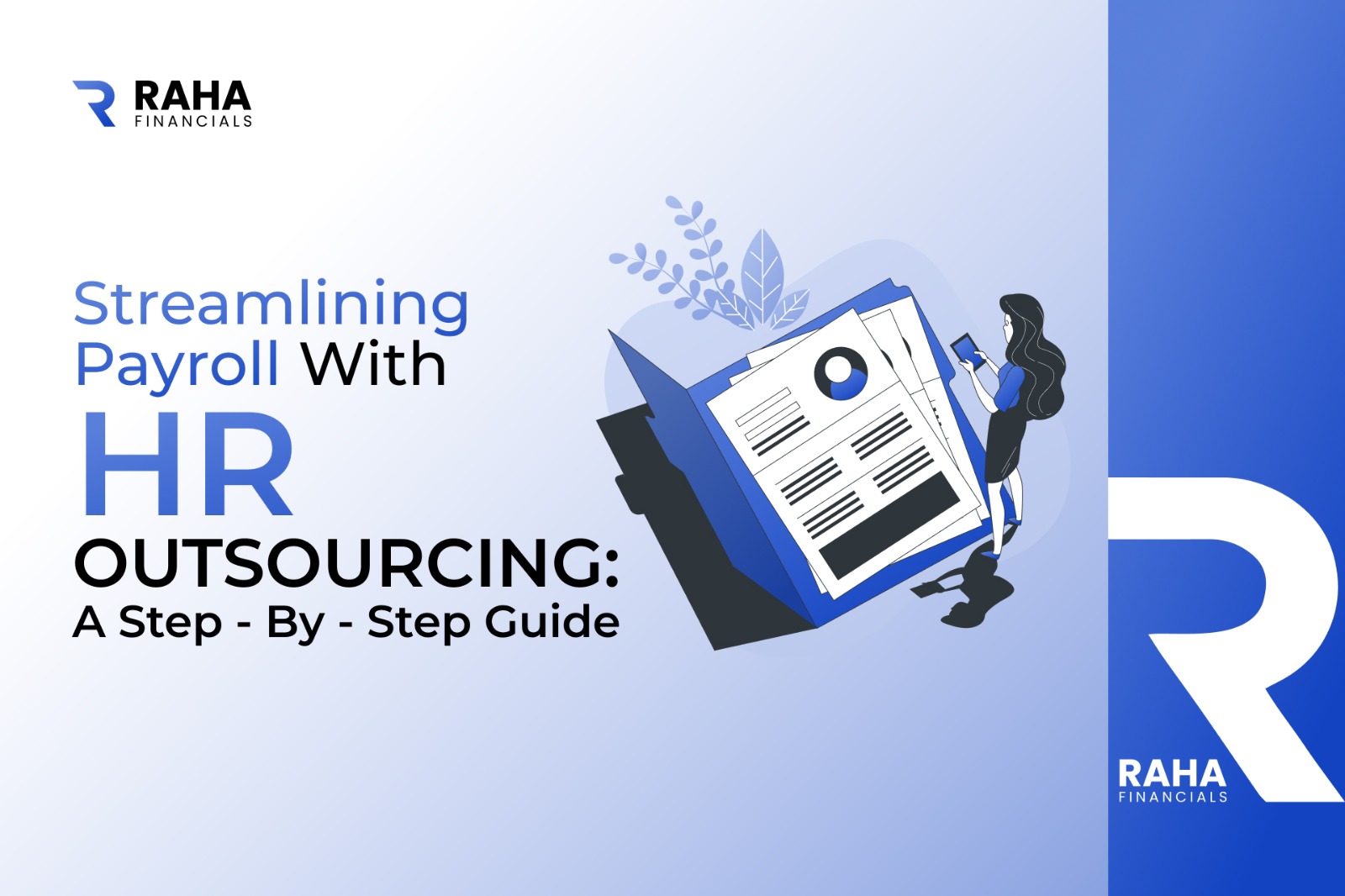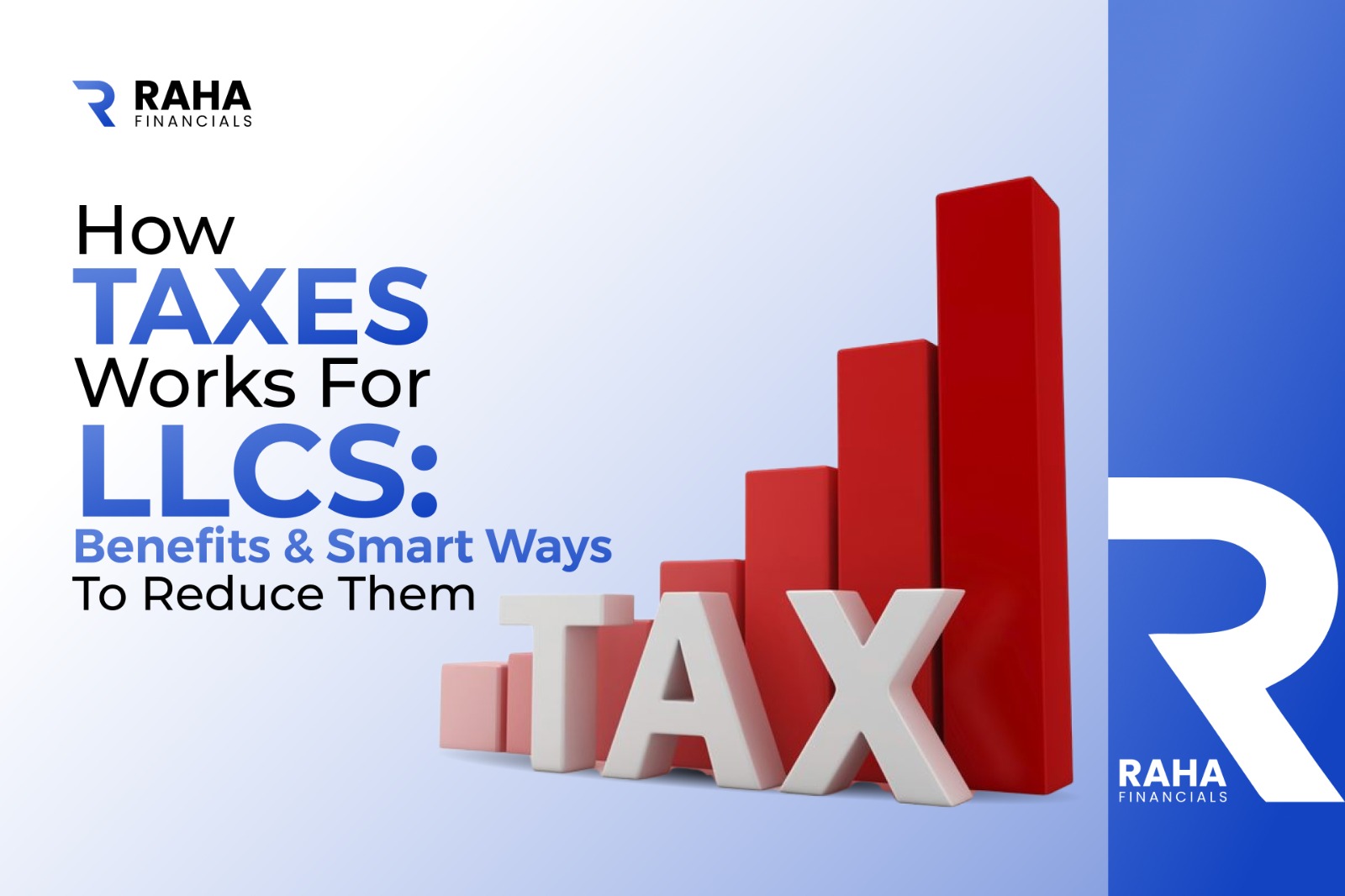If you spend part of the year in different states, especially in a place like California, understanding the impact of personal income tax residency versus domicile is essential. Many people take advantage of living part-time in states with no or low income tax, but this strategy can come with tax complications.
Let’s explore the key differences between residency and domicile, and how these distinctions affect your tax obligations.
What’s the Difference Between Residency and Domicile?
Residency is simply where you choose to live at a given moment. However, domicile is a more permanent concept and refers to your primary, permanent home. Once you establish your domicile in a state, that state becomes your tax home, and you’ll generally be subject to its tax laws.
Understanding these differences is crucial. Even if you live in multiple states, one of them will have jurisdiction over your taxes. Residency is temporary; domicile is permanent.
California’s Definition of Residency
California’s Revenue and Taxation Code (RTC) §17041(a) taxes its residents on their worldwide income. This means that if you are a California resident, no matter where you earn income, you’ll be subject to California income tax.
According to RTC §17004(a)(2), California defines a resident as someone who is domiciled in California or someone who is temporarily in California for less than 18 months. The distinction between temporary and transitory residence is key here.
Temporary vs. Transitory: Understanding Your Tax Status
According to RTC §17014(d), if you’re outside California for less than 18 months, the state may still consider you a resident, even if you live in another state. However, if you’re outside California for more than 18 months, you could be classified as a nonresident.
It’s not just about the duration of your stay—California also evaluates your intent to leave the state. If you intend to permanently sever ties with California, this may support a claim for nonresidency.
Key exclusions to this rule include:
1. Tangible property income exceeding $200,000 per year.
2. Leaving California with the intent to avoid tax liability.
The Implications of Residency in California
If you live in California, you enjoy the benefits of its infrastructure, services, and protections. In return, the state expects you to pay taxes on your worldwide income. California is firm about tax residency, and it will seek to tax all of your income if you are classified as a resident.
However, if you spend part of the year outside of California, there are ways to avoid full-time tax residency status. The most important thing is to keep records and evidence of where you lived and why. California is vigilant in monitoring residency status and may classify you as a resident even if you don’t live in the state year-round.
The Tax Liabilities for Part-Time California Residents
For individuals who live outside California for part of the year, it’s crucial to carefully evaluate your situation. If you frequently move between states, this can raise red flags, potentially leading to a California residency audit.
When the state’s tax authority evaluates your residency status, they consider factors like how long you lived in each state, your intentions, and your connections to California. By understanding the rules surrounding domicile, residency, and temporary vs. transitory stays, you can avoid paying more taxes than necessary.
FAQ: Common Questions About California Residency and Domicile
Q1: How does California determine if I am a resident or nonresident?
California looks at your domicile and whether you are temporarily or permanently outside the state. If you are outside for more than 18 months and have severed ties with California, you might qualify as a nonresident.
Q2: Can I avoid California taxes by moving out of state?
Moving out of state doesn’t automatically end your residency. You need to take deliberate actions to sever your ties and demonstrate your intent to leave permanently.
Q3: How does California define a “temporary” stay?
A temporary stay in California typically refers to being outside of the state for less than 18 months. Anything longer may be considered a nonresidency if you’ve moved for employment or other permanent reasons.
Q4: What steps can I take to prove I’m no longer a California resident?
To establish nonresidency, you must show evidence such as a change in your primary residence, new employment in another state, or proof that you have no ongoing ties with California.
Raha Financials Services
At Raha Financials, we specialize in tax planning services, tax filing optimization, and comprehensive financial consulting. Whether you’re dealing with multi-state residency audits, domicile issues, or need guidance on tax residency in California, our team is ready to assist you. We offer personalized solutions that help minimize your tax liability and ensure compliance with state tax laws. Contact us today to learn how we can help you navigate complex tax situations effectively.
